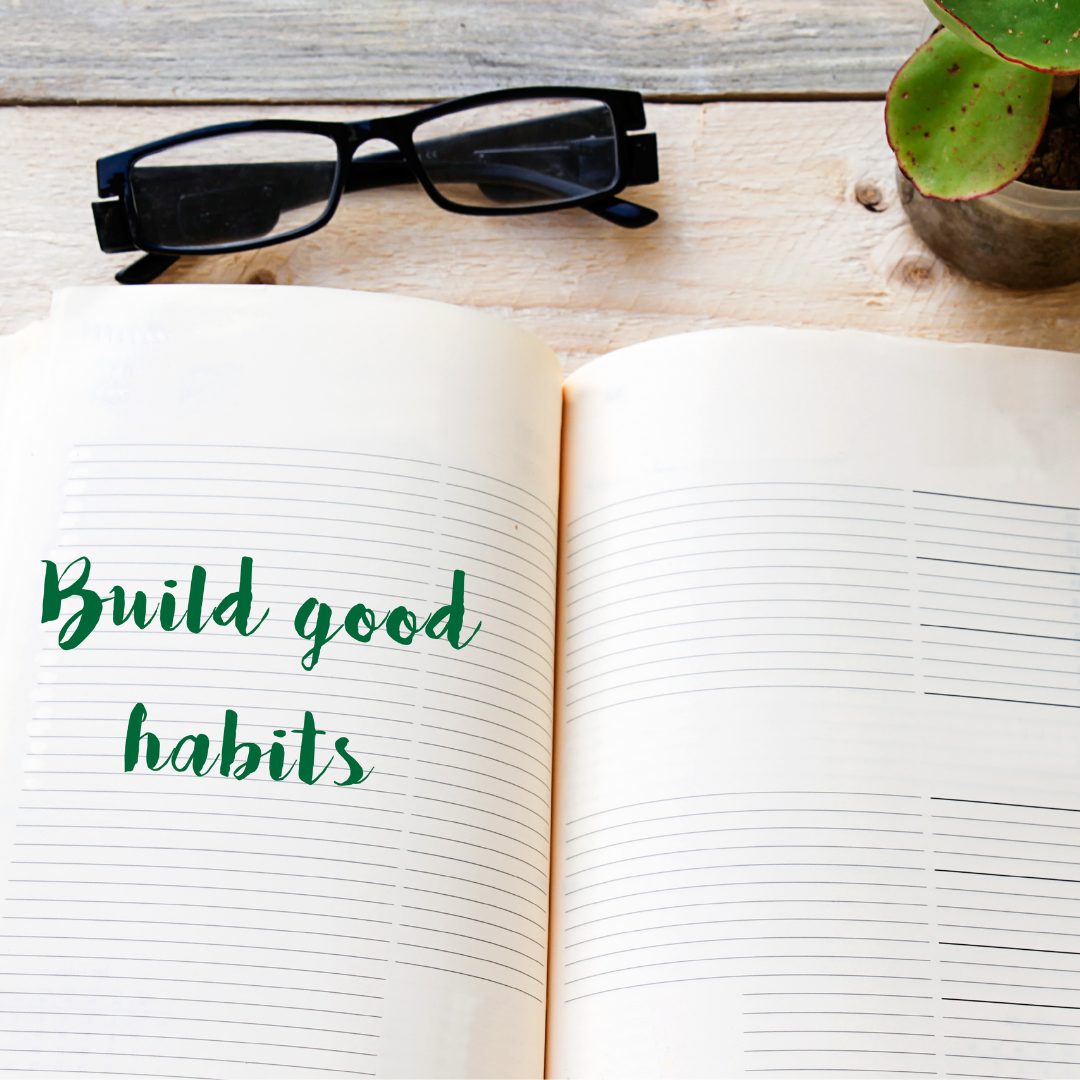Living an Ayurvedic lifestyle by adhering to Dinacharya, an Ayurvedic daily practise, is the key to encouraging a harmonious balance between mind, body and soul and a step towards embracing disease-free lives.
The words "dina" and “acharya,” which indicate day and activity respectively, are combined to form the word Dinacharya. According to Ayurveda, Dinacharya is a daily schedule that encourages self-care through various daily tasks. It normalises our own biological clock and increases our self-awareness by putting us in harmony with nature. Your health will improve in a number of ways if you adhere to this programme on a daily basis with care and attention.
Daily Cycles of Dinacharya
There are two daily cycles according to Ayurveda Dinacharya, the Solar cycle and the Lunar cycle.
There are four-hour intervals of Vata dosha, Pitta dosha, and Kapha dosha energies—also known as Ayurvedic Body Types—during these two cycles. These energy patterns can be found in various combinations and intensities throughout our body. As a result, you should avoid engaging in any activities that worsen the cycle of the three energies.
First cycle: dawn to dusk (6:00 am – 6:00 pm)
Kapha: 6:00 a.m. to 10:00 a.m.
Pitta: 10:00 a.m. – 2:00 p.m.
Vata: 2:00 p.m. to 6:00 p.m.
Second cycle: from dusk to dawn (6:00 pm – 6:00 am)
Kapha: 6:00 p.m. to 10:00 p.m.
Pitta: 10:00 p.m. to 2:00 a.m.
Vata: between 2:00 am till 6:00 am

It is advised to go to bed before 10 p.m., when the body has grown dull from the Kapha phase, according to the Ayurvedic clock.
Furthermore, you must give yourself at least two hours between dinner and bedtime. At 7 o’clock, dinner should be served. If you’re eating a late meal, try to keep it light and eat two hours before bed.
Now let us look at a few key behaviours that Dinacharya advocates:
- Wake up at Brahmamuhurtha
Dinacharya recommends waking up in a window between one hour and 36 minutes before sunrise and 48 minutes before sunrise. This period is called the Brahmamuhurtha and is typically between 4:30 and 5:00 in the morning. The Vata dosha is prevalent at this period before dawn, and the energy in the air will help you wake up quickly. There is abundant nascent oxygen at that time which easily mixes with haemoglobin in our blood to form oxyhaemoglobin, reaching remote tissues to boost immune system. Additionally, it is that time of day when the body and soul need a certain level of calm and freshness. Saying a prayer before getting out of bed helps bring good vibes into your mind and soul.

- Rinse
To ready yourself for the day begin with rinsing your face with cold water. You should also use the Ayurvedic technique known as “Jalneti,” which is using a teapot-like device known as a neti pot to clean your sinuses, nasal passages and mouth.

- Awakening of the senses
Your sense organs should be completely cleaned in the morning in order to improve the reception all of your senses. Use rosewater to clean your eyes, and sesame oil to clean your ears. To improve taste and to trigger digestive responses, brush and floss your teeth and follow the time-tested practice of oil pulling.
- Consume warm water
Although most people drink coffee or tea in the morning, Ayurveda suggests drinking warm water instead. Additionally, it helps improve peristalsis and cleanses the kidney system by flushing out metabolic toxins and waste.

- Evacuation
Ayurveda views evacuation as one of the cornerstones of good health. Constipation and digestion are both slowed down if bowels are irregular or delayed. In turn, the body over time accumulates these metabolic toxins as a result of which chronic disorders may develop.
Learn more about a natural colon Ayurvedic colon cleanser, Triphala Lax.

- An oil massage
Daily body massages with essential oils can keep your tissues from drying out and will keep your body moisturised. This guarantees that your body has adequate blood flow for a calmer and healthier nervous system.

- Workout
This can be done in any format, such as jogging or yoga poses like the Surya Namaskar. Exercise will help you lose body fat, beat lethargy while also building stronger muscles.

- Bathe
Apart from the obvious cleansing of the body, bathing can help you feel more refreshed and invigorated to tackle the responsibilities of the day by removing extra oil from the surface of your skin.

- Meditate
Meditation helps to keep a balance between your mind, body and soul. It soothes the nervous system and gives you a calm, steady feeling while allowing you to be sharp and focussed on key tasks during the day. Choose a time to meditate when you feel less distracted by chores. It will help to be present at moments when you need to be active and performing duties.

- Relax, unwind, sleep
It is crucial to relax your body after concluding the day’s work. Put some fragrant candles, close your eyes, and play some soulful music. You’ll feel at peace and your body will be free of all stress and tension as a result of this. Spending time with loved ones is a great way to unwind after a long day of work.

So now that you woke up early in the morning and have gone through a whole day of duties and recreation, it is time to focus on the last event for the day, a good night’s sleep.
To acquire 6 to 7 hours of sleep, it is preferable to go to bed between 9 and 10 p.m. Before retiring to bed, it is advised to massage oil into the soles of our feet and our heads. This will control wellbeing and relax the body’s processes.
Ashwagandha is a revered Ayurveda herb that helps promote restful sleep by modulating stress and anxiety, making you feel energized the next morning. Triphala can aid with digestion, prevent constipation and maintain good eyesight, skin and hair health if consumed before bed.
It is possible that the body will fight accepting this pattern for the first several days. But if we develop the habit, there will be so much to gain—peace, happiness and longevity.
References : Charak Samhita, Swasvarthya, Astanghridya, Astangsanghrya













